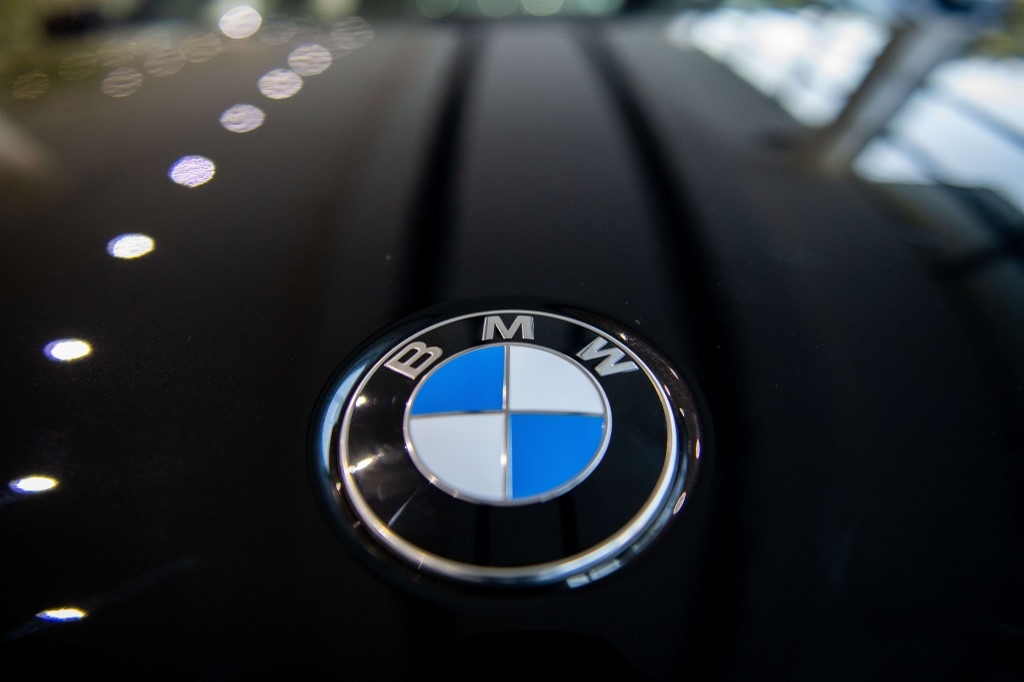BMW fined $18 mn in US over inflated sales data
 |
| In this file photo the logo on a BMW car is seen at the German automaker's dealership in Beijing on October 11, 2018. US securities regulators charged BMW with inflating its retail sales volumes to investors, fining the luxury car company $18 million in a settlement announced on September 24, 2020. BMW of North America, a subsidiary of the German company, provided inaccurate and misleading information while raising $18 billion in corporate bond offerings, the Securities and Exchange Commission (SEC) said.(Nicolas ASFOURI / AFP) |
BMW of North America, a subsidiary of the German company, provided inaccurate and misleading information while raising $18 billion in corporate bond offerings, the Securities and Exchange Commission (SEC) said.
From 2015 to 2019, BMW relied on a reserve of unreported car sales that it used to meet targets regardless of when the sales took place.
BMW also inaccurately designated some vehicles as sold when they had not been, and adjusted its sales reporting calendar in 2015 and 2017 to meet targets or bank excess sales for future use.
"Companies accessing US markets to raise capital have an obligation to provide accurate information to investors," said SEC enforcement director Stephanie Avakian.
"Through its repeated disclosure failures, BMW misled investors about its US retail sales performance and customer demand for BMW vehicles in the US market while raising capital in the US."
BMW said it was "pleased" to resolve the matter, noting in a statement that the SEC had praised the automaker for cooperating with the probe.
"Much of the conduct at issue in the SEC settlement occurred over three years ago," BMW said. "The order is based on US securities laws which can be satisfied by negligence. There is no allegation or finding in the order that any BMW entity engaged in intentional misconduct."
What the stars mean:
★ Poor ★ ★ Promising ★★★ Good ★★★★ Very good ★★★★★ Exceptional
 Tag:
Tag:
Related Contents
Latest News
More News
- Masan Consumer names new deputy CEO to drive foods and beverages growth (February 23, 2026 | 20:52)
- Myriad risks ahead, but ones Vietnam can confront (February 20, 2026 | 15:02)
- Vietnam making the leap into AI and semiconductors (February 20, 2026 | 09:37)
- Funding must be activated for semiconductor success (February 20, 2026 | 09:20)
- Resilience as new benchmark for smarter infrastructure (February 19, 2026 | 20:35)
- A golden time to shine within ASEAN (February 19, 2026 | 20:22)
- Vietnam’s pivotal year for advancing sustainability (February 19, 2026 | 08:44)
- Strengthening the core role of industry and trade (February 19, 2026 | 08:35)
- Future orientations for healthcare improvements (February 19, 2026 | 08:29)
- Infrastructure orientations suitable for a new chapter (February 19, 2026 | 08:15)





















 Mobile Version
Mobile Version